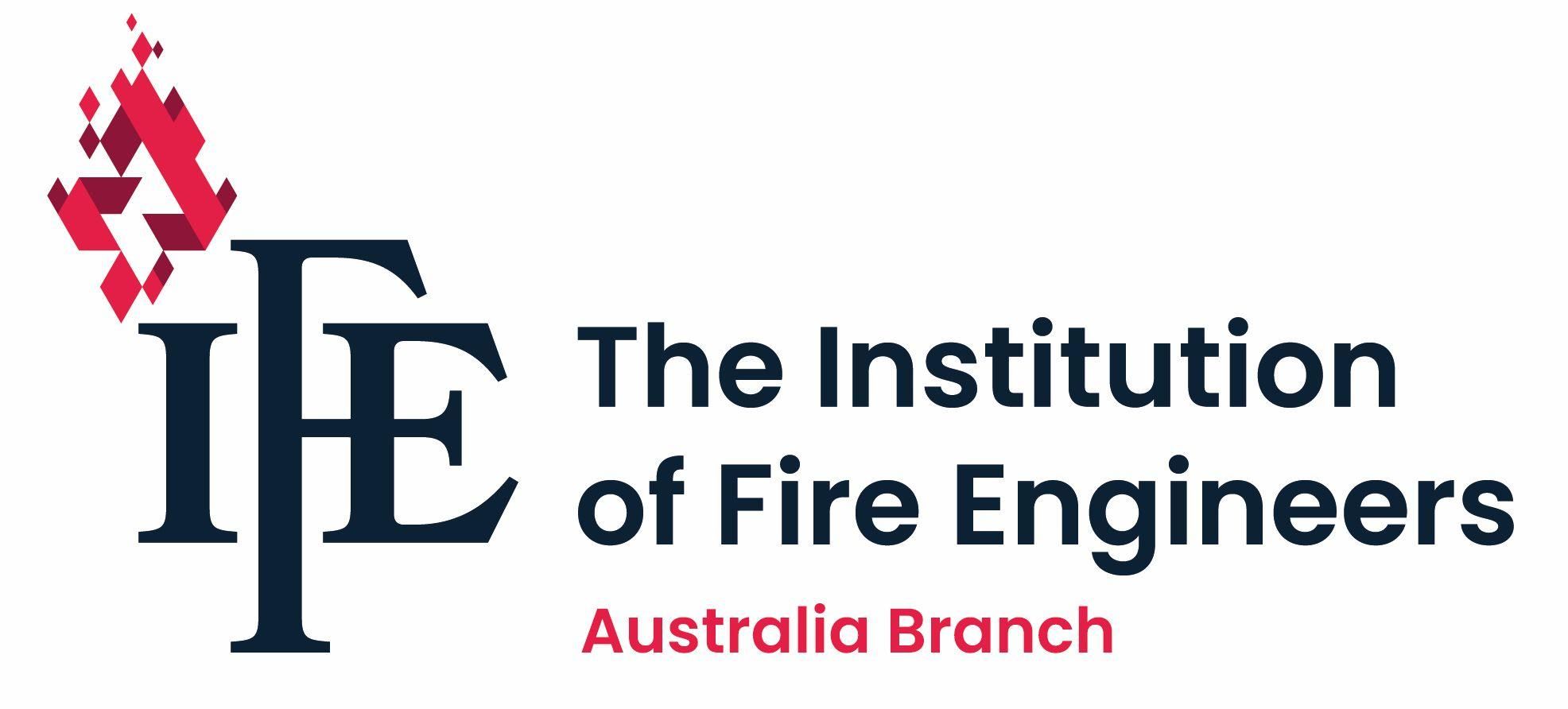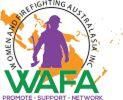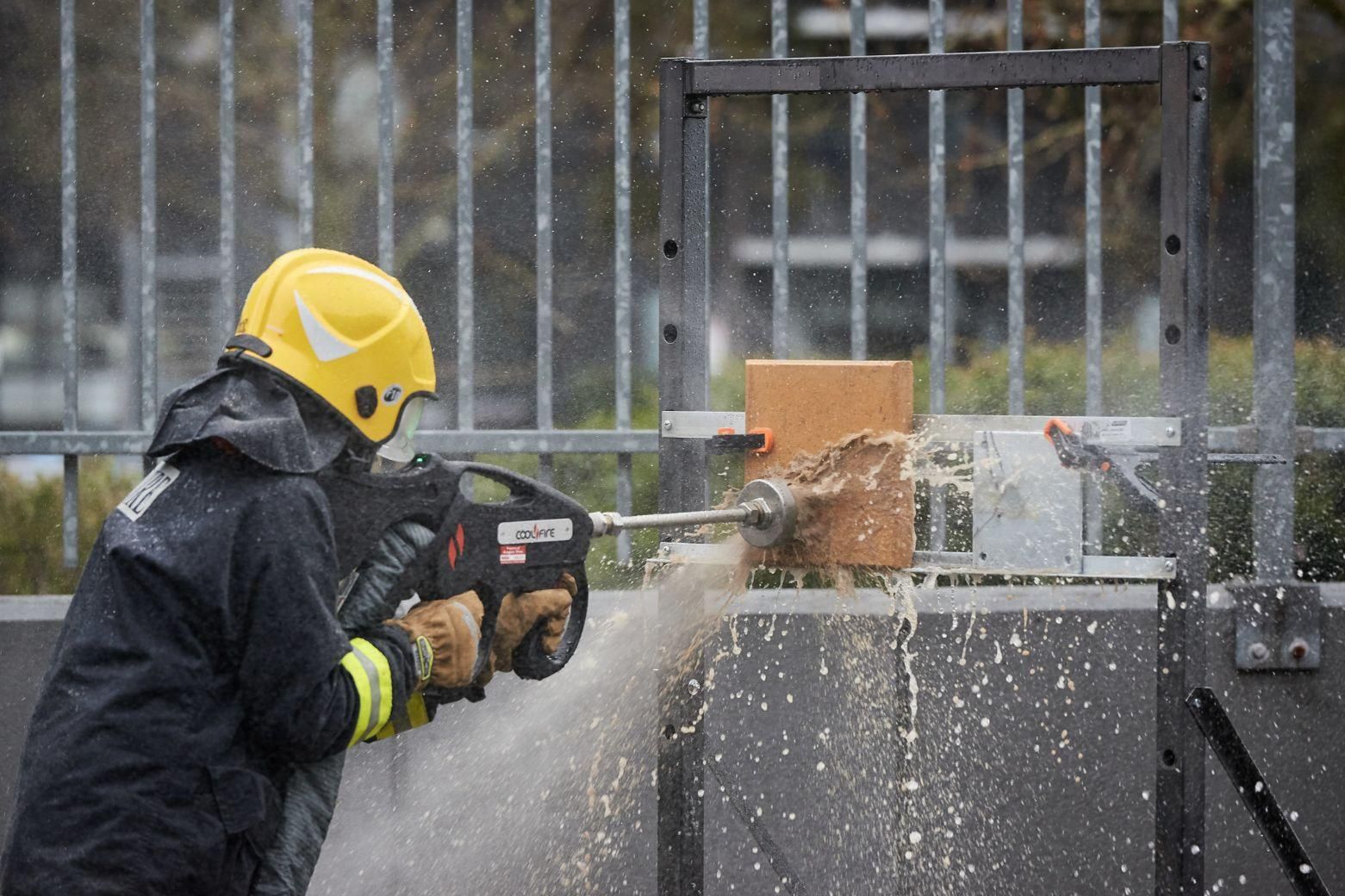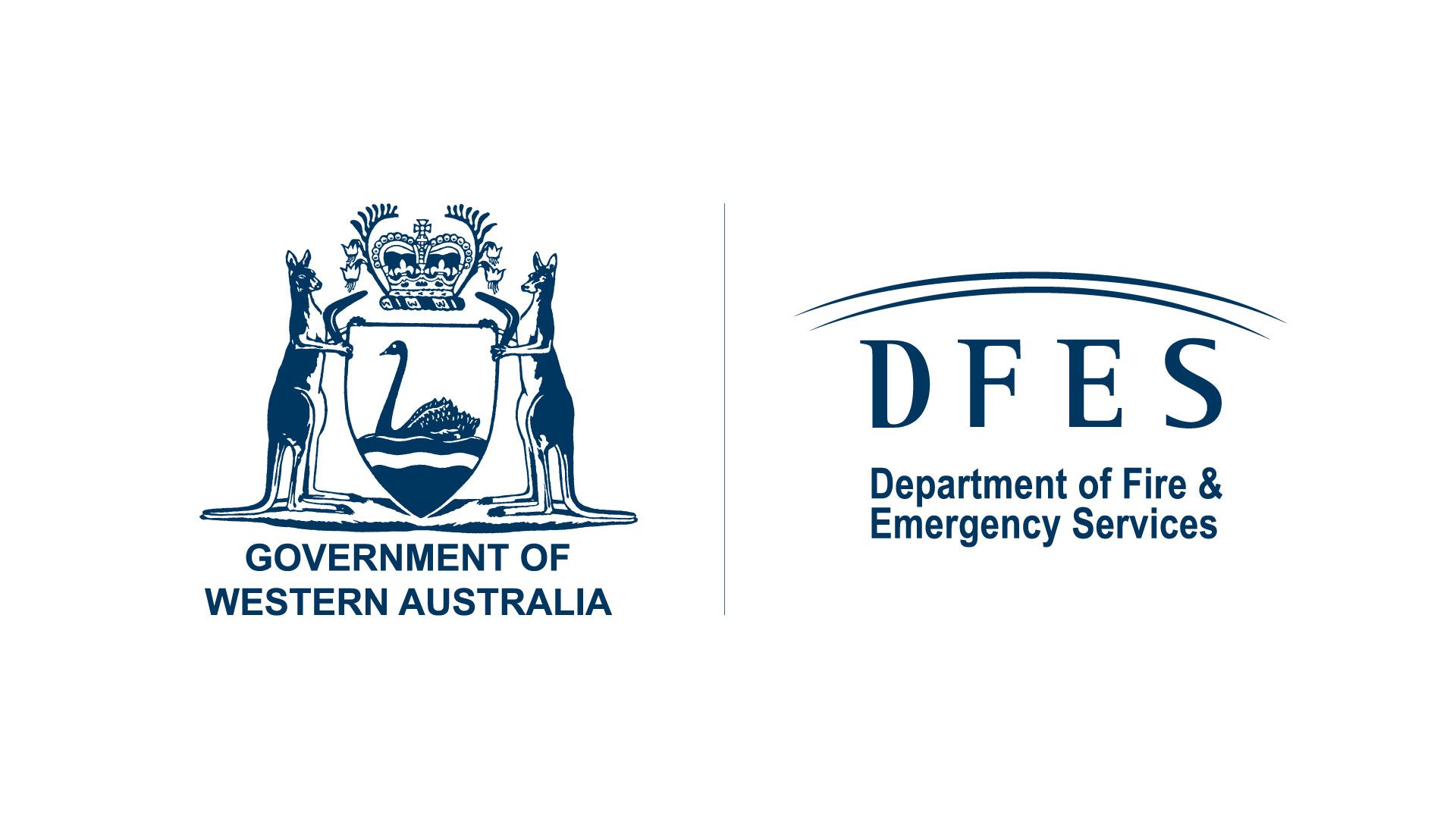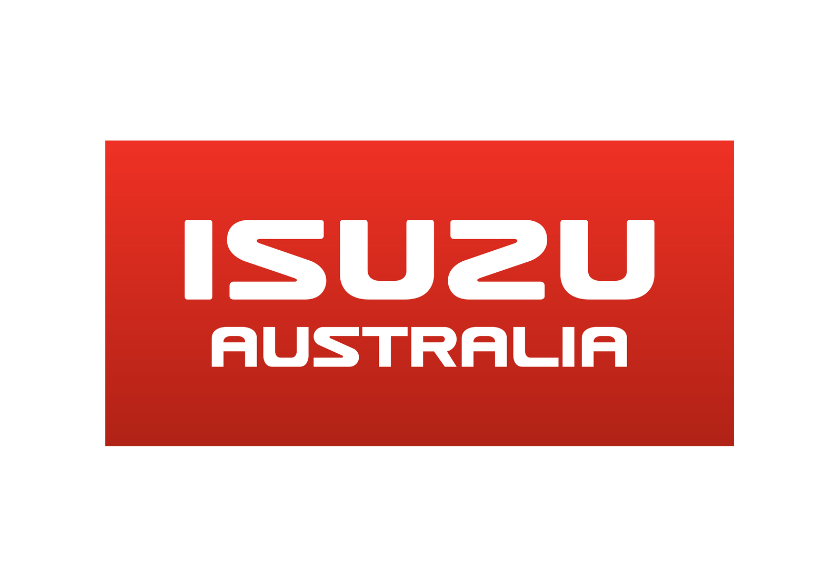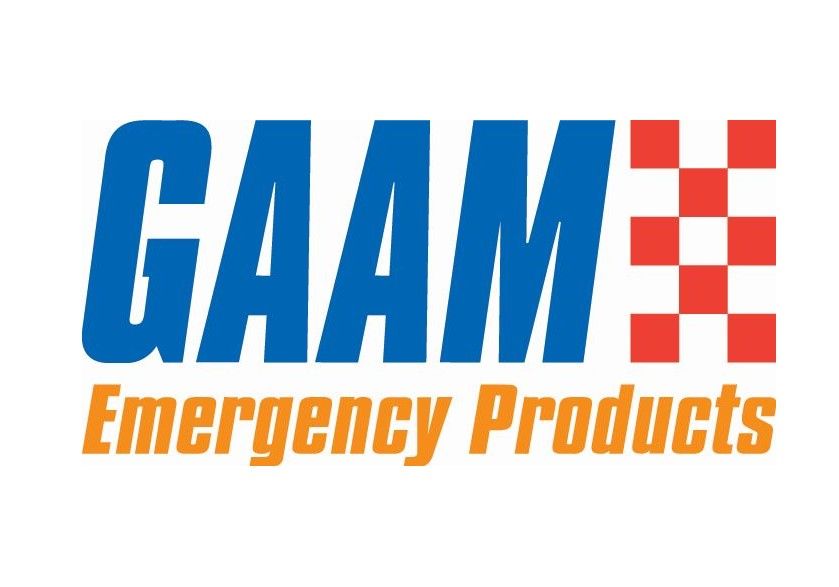From local to global: leveraging systems, capability and connection
In an era where opportunities for fire and emergency services transcend borders, it is imperative to find new connections and optimise systems to drive progress and innovation. Across Australia, New Zealand, and the world, we look to an inclusive future where we innovate with intent, forge new understanding across the system, and drive progress together.
The sharing of knowledge, advancements in technology, artificial intelligence, and decision support, offers insights and data-driven solutions to improve outcomes. We are part of a diverse but connected system.
What more can be done to embrace partnerships and collaboration to enable skills and capabilities of future workforces, industries and communities?
AFAC25 will explore the dynamic intersection between society, systems and technology; and how we can capitalise on local and global connections to build a safer future together.



